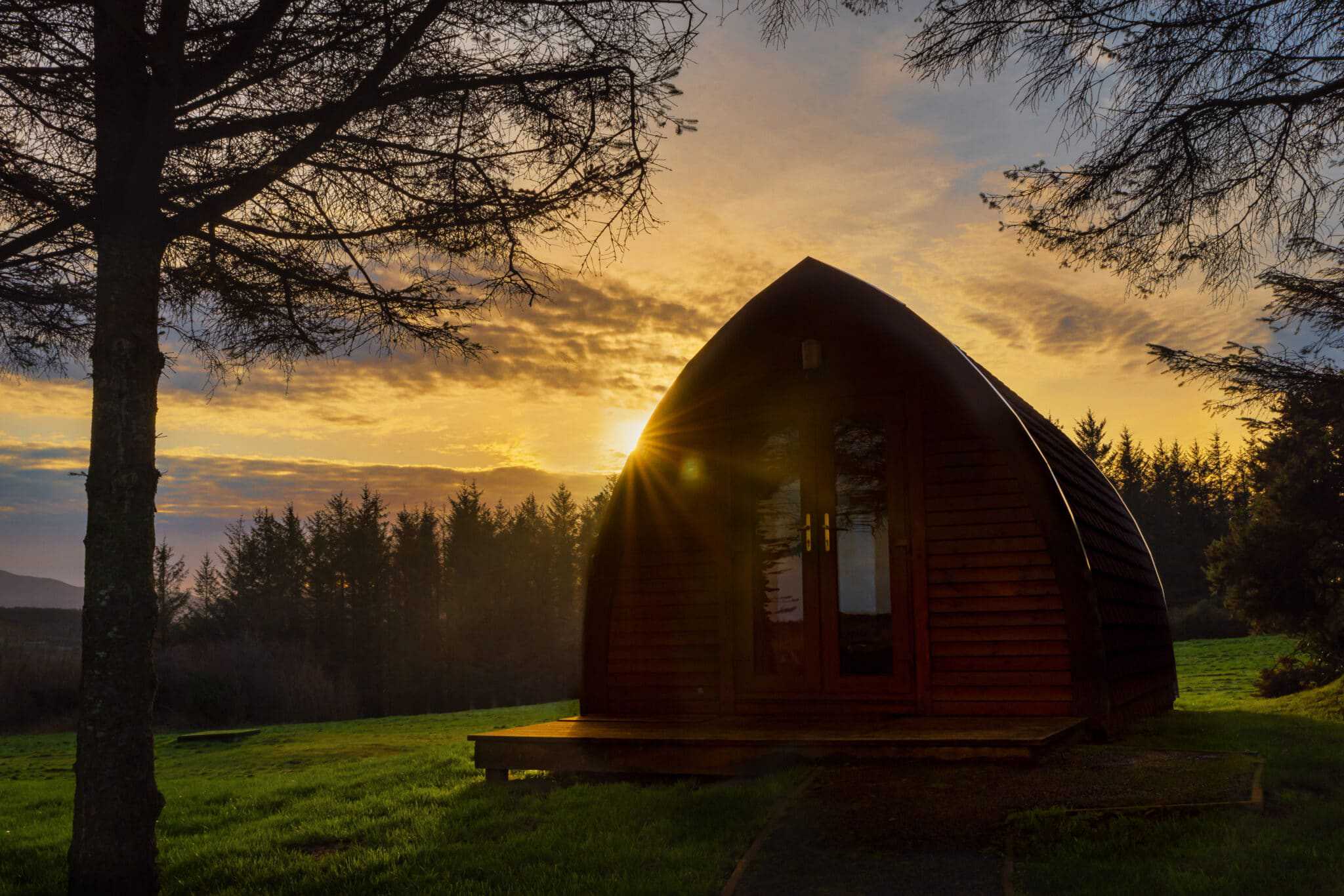Farmers across England are increasingly shifting away from traditional agricultural income sources, citing financial pressures, reduced subsidies, and competition from low-cost imports.
Many have turned to diversification strategies, such as glamping, cafes, and non-farming business uses of land and buildings, to sustain operations.
Nick Eastwood, who runs a 200-acre farm in East Sussex with his wife Anna, described the situation as “horrific” and said making a profit from conventional farming had become “nearly impossible.”
The couple diversified into glamping and opened a café to avoid selling the farm. “We had no choice,” Mr Eastwood told the BBC.
The government has stated it is investing billions in sustainable food production and environmental recovery, while reducing costs for food producers exporting to the EU.
Former National Farmers’ Union president Baroness Minette Batters has been appointed to advise officials on reforms aimed at improving farm profitability.
Despite diversification, Anna Eastwood said running the farm remains “very challenging” due to increased business rates, higher national insurance contributions, and rising minimum wages since the pandemic.
She also noted significant increases in product costs. Mr Eastwood cited reduced subsidies and competition from cheaper non-European imports with lower production standards, adding, “We’re not playing on a level playing field.”
According to the Office for National Statistics, 6,365 agriculture, forestry, and fishing businesses closed in the 12 months to June 2025—the highest figure since records began in 2017.
Government data shows that in 2023/24, 71% of farms in England had some form of diversified activity, up from 61% in 2014/15. The most common approach was renting out buildings for non-agricultural use, such as glamping, followed by solar energy generation.
John Dale, a seventh-generation farmer in Dorking, Surrey, said diversification had made his business more resilient after leaving dairy farming due to “really paltry margins on milk” and “micky taking” in the industry.
He now rents buildings to a brewery and a boxing gym. While this has allowed him to focus on more enjoyable aspects of farming, he expressed concern over recent changes to inheritance tax, calling them a “worry.”
In Kent, Clare Readman, who farms with her father Simon, launched a pick-your-own-flower business on former arable land.
“We were quite surprised” to find that an acre of cut flowers could be more profitable over time than cereal crops, she said. Her seasonal wildflowers and traditional weeds also serve as pollinator habitats, benefiting butterflies and moths.
Martin Hole, East Sussex chairman of the National Farmers’ Union, said diversification supports the rural economy, nature restoration, and climate change mitigation, but stressed that “food production remains farmers’ core business.”
He highlighted that farming contributes over £813 million annually to the economies of the South East and London and provides more than 45,500 jobs.
For outdoor hospitality businesses—including glamping operators—this trend presents potential opportunities for partnerships with farms seeking to add visitor accommodations or leisure facilities.
The growth in diversified ventures suggests a continuing demand for rural tourism experiences, which could be mutually beneficial for farmers and hospitality providers.


